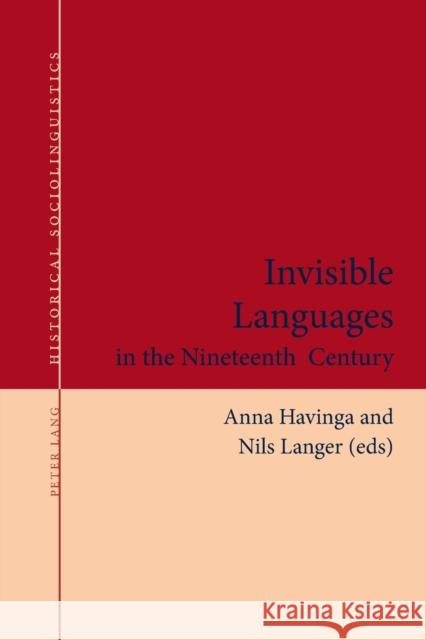Invisible Languages in the Nineteenth Century » książka
Invisible Languages in the Nineteenth Century
ISBN-13: 9783034319683 / Angielski / Miękka / 2015 / 310 str.
The great linguistic diversity of spoken languages contrasts greatly with the much smaller number of languages used in written discourse. Many linguistic varieties in particular, regional and minority languages are not deemed suitable for writing because they do not possess the necessary lexical wealth or grammatical complexity. Such prejudices are commonplace amongst non-linguists and they have their origin in the sociolinguistic history of their speaker communities.
This book focuses on the nineteenth century as the time when language became an important part of the cultural identity of speakers, communities and nations. It comprises fourteen chapters on a variety of languages and countries and seeks to explore why and how certain linguistic varieties were excluded from written discourse in other words, why they remain invisible to contemporary readers and modern historians. The case studies in this book illustrate the factors involved in the invisibilisation of languages in the nineteenth century; the metalinguistic debates about the suppression or promotion of regional, minority and non-standard languages; and the ways in which a careful study of informal writing can visibilise the linguistic diversity of spoken languages."











